Condo vs. Single-Family Home Inspections - Is It Really Needed?
Do I Really Need a Home Inspection for a Condo?

Buying a condo is an exciting investment, but many buyers wonder: Do I really need a home inspection for a condo? Since condos typically have shared spaces maintained by a homeowners association (HOA), some assume an inspection isn’t necessary. However, skipping a condo inspection could mean overlooking hidden issues that might cost you down the road.
In this blog, we’ll break down why condo inspections are just as important as single-family home inspections, what’s covered in a condo inspection, and how it differs from a traditional home inspection.
Is a Condo Inspection Necessary?
Yes! While a condo may not have a yard, roof, or standalone structure like a single-family home, there are still plenty of potential issues that could affect your investment. Many buyers assume the HOA will take care of everything, but interior issues, faulty appliances, and hidden damage within the unit are your responsibility—and without an inspection, you might not find out about them until it’s too late.
Skipping a condo inspection can lead to unexpected expenses, such as HVAC repairs, plumbing leaks, or electrical issues that the HOA won’t cover.
What’s Included in a Condo Inspection?
A professional condo inspection focuses primarily on the interior of the unit, ensuring that all major systems and components are in good working condition. Here’s what’s typically covered:
✅
Electrical Systems – Testing outlets, wiring, circuit breakers, and light fixtures for safety and functionality.
✅
Plumbing – Checking for leaks, water pressure issues, and pipe conditions.
✅
HVAC Systems – Inspecting heating and cooling units for efficiency and potential repairs.
✅
Appliances – Evaluating built-in appliances such as ovens, dishwashers, and garbage disposals.
✅
Interior Structure – Examining walls, ceilings, flooring, windows, and doors for damage or deterioration.
✅
Ventilation & Insulation – Ensuring proper airflow and insulation to prevent mold or energy inefficiency.
✅
Moisture & Mold Detection – Identifying signs of water damage, leaks, or mold growth, especially in bathrooms and kitchens.
How Does a Condo Inspection Differ from a Single-Family Home Inspection?
While a single-family home inspection covers everything from the foundation to the roof, a condo inspection is more focused on the unit’s interior. The main difference is that common areas and exterior maintenance (such as roofing, siding, and landscaping) are typically the HOA’s responsibility.
However, it’s still crucial to review the HOA’s maintenance policies and financial health. A poorly managed HOA could mean rising fees or neglected repairs, which could impact your investment.
While every condo purchase can benefit from an inspection, there are a few situations where getting a professional inspection is especially important:
🚨
Older Condos – Older buildings may have outdated wiring, plumbing, or HVAC systems that could need costly repairs.
🚨
Previously Rented Units – A condo that was used as a rental may have hidden wear and tear.
🚨
Converted Buildings – Some condos were originally apartments or commercial spaces, which can lead to odd maintenance issues.
🚨
HOA Concerns – If the HOA has financial issues or a history of deferred maintenance, a unit inspection is even more critical.
Final Thoughts: Protect Your Investment with a Condo Inspection
A condo inspection is a small upfront cost that can save you thousands in unexpected repairs and give you peace of mind before you finalize your purchase. Even though condos have shared maintenance responsibilities, the condition of your unit is ultimately your responsibility.
If you’re purchasing a condo and want to ensure your investment is sound, schedule a professional home inspection with Local Pro Home Inspection today!
#CondoInspection #HomeInspection #RealEstateTips #HomeBuying #LocalProHomeInspection #ProtectYourInvestment #FirstTimeBuyer
You might also like









